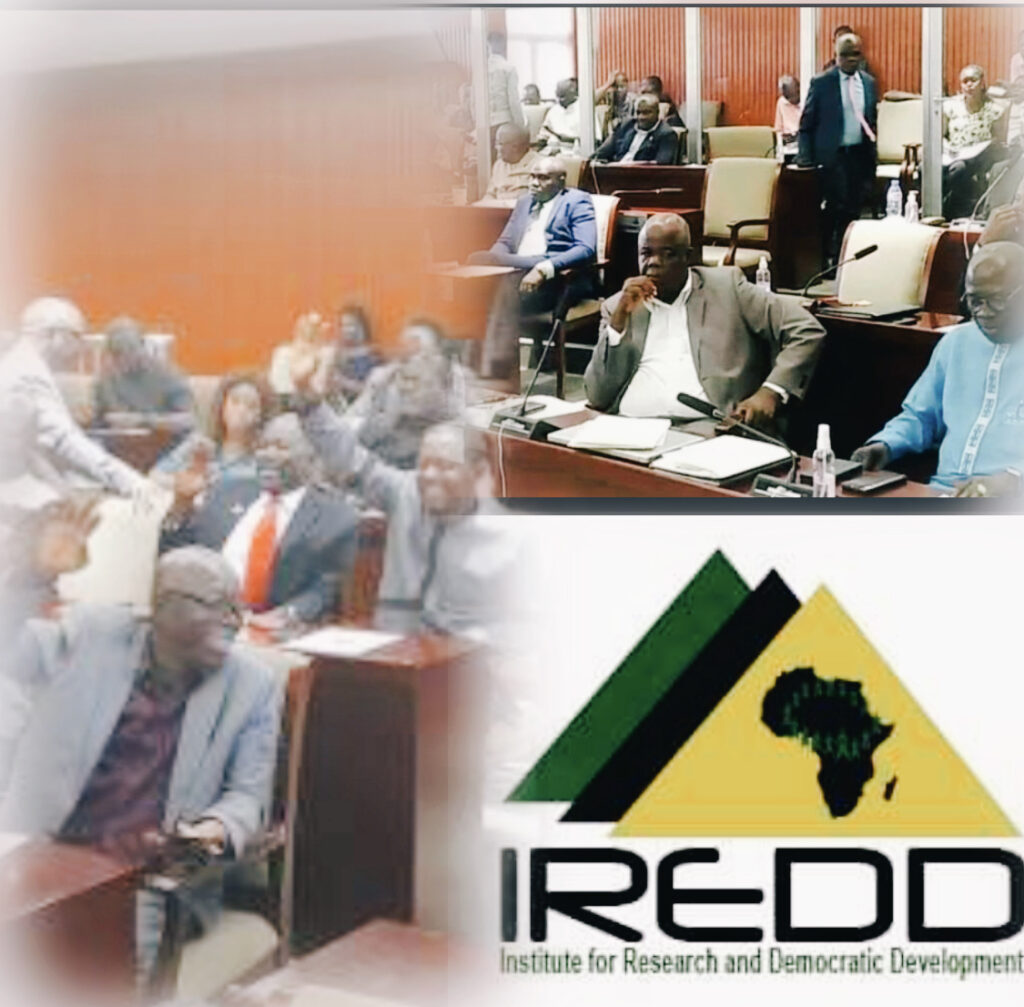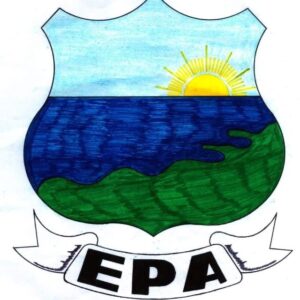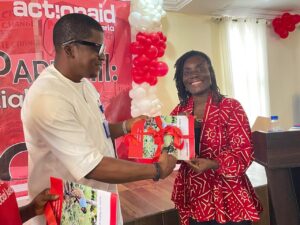“Weak and Politically-Dependent” IREDD Legislative Performance Report Terms Liberian Legislature

By:Laymah Kollie
Monrovia -March 29,2023: In a country like Liberia that practice democracy, it’s Legislature drives the formulations of key policies for national development.
Unlike this function, findings from a research and pro-democracy institution Suggest that the Liberian Legislature is a weak and politically dependent.
The Institute for Research and Democratic Development (IREDD) in its Legislative Performance Report proved both leadership of the legislature is politically bargained and overly influenced by the executive resulting into imbalances of legislative governance processes and gender structure. The report showed that seventy-four percent ( 74%) lawmakers decisions are for political and executive interest with only twenty-six percent (26% ) against in decision making processes.
The findings of the report was made to international and local partners at a local hotel in Monrovia on March 29, 2023.
IREDD Legislative Performance Report was launched in 2009 to promote legislative accountability in Liberia and to monitor the Representation, Lawmaking, and Oversight responsibilities of second branch of government.
During the Report’s launch, IREDD Executive Director, Matthias M. Yeanay, stated the Legislature has underperformed in its roles and responsibilities.
He termed the August body inability to properly represent the underprivileged Liberians as being weak and lack independent decision making.
“The Liberian Legislature has been recorded WEAK and lacks political independence to effectively exercise its oversight responsibilities required by statutory mandate.
As part of the report, Mr. Yeanay stressed that IREDD’s monitors recorded that less than 10% of the 120 Government Ministries, Agencies and Commissions (MACs) that received direct budgetary support on a fiscal basis submitted budget performance reports; thus undermining the oversight functions of the Legislature.
Matthias named the reluctance of the Legislature to ensure a full audit of its activities; failure of member of the Legislature to provide quality reports from committees and the body countless motion for reconsideration after the taken of votes are some factors contributing to its weaknesses.
“The Legislature remains unaudited amid public calls for system audit supported some legislators, namely: Senator Abraham Darius Dillon and Representative Yekeh K. Kolubah; the appointment of legislators to specialized committees such as Ways, Means and Finance without basic subject matter expertise, e.g. the House of Reps; the lack of automated voting machine to document legislators’ votes; lack of functional website; Lack of written reports for legislators assigned at ECOWAS and other parliaments; the conduct of countless secret sittings, especially at the House of Representatives; the lack of robust due diligence processes before confirmation hearings at the Liberian Senate; the Legislature countless motions for reconsideration after votes taken for penal action, e.g. Minister of Foreign Affairs; Limited oversight function and appropriate penal actions against Government’s Ministries, Agencies & Commissions (MACs) who flunked or delayed to appear at the legislature upon invites, e.g., the Minister of Finance”.
However, IREDD in its report recommended that the Legislature strengthens its oversight function, effect appropriate contempt punishment against anyone flunking citation to appear and act on the legislature instructions in real-time and Legislature’s leaderships to ensure legislative public responsiveness. Other recommendations noted that appointment of legislators to committees, especially specialized committees be on minimum subject matter expertise basis, that assigned legislators at ECOWAS and other parliaments be required to make quarterly reports of activities from their assignments.
IREDD further recommended that the legislature limits secret sittings to only real security related issues; the conduct of rigorous background checks of Presidential nominees before confirmation by the Liberian Senate and that the Legislature abolishes motion for reconsideration practices.
International Partners including the Second secretary Program Officer, Democracy and Human Rights Embassy of Sweden Nikolina Stålhand, lauded IREDD for the report which is used to inform the public about their leaders performances. She believed that the report will help strengthen Democracy and accountability amongst lawmakers and ordinary citizens especially in this crucial time of Elections. “This year is election and it is even more timeline to highlight these issues. I hope that we can be able to discuss the trends and issues raised in the report”, Nikolina Stålhand noted.
For his part, the chairman on the Governance Commission Mr. Garrison Yealue at the same time stressed the importance of the report to voters . According to him, voters can make significant decision base on the report, as such; IREDD should share the report in all rural parts of the country.
“The report is meant to tell the electorates about their lawmakers performance so I think it should be distributed in rural areas in Liberia and not just Monrovia.”
Meanwhile, 2022 Findings of IREDD Legislative report indicated a total of 127 bills introduced at the legislature with fourty-nine (49) obtaining from the Executive to lower house and thirty-four (34) from the House of Representatives themselves. In the Senate, the Executive also put forth thirty (30) while the Liberian Senate introduced fourteen (14) bills. A total of ninety-seven (97) bills was passed into law, of the ninety-seven, fifty-eight (58) accumulated from the executive, twenty ( 20) from the Senate and fifteen (15) from the House of Representatives with three ( 3) from Joint Resolutions and one ( 1 ) from Certificate of extension. Furthermore, twenty-four ( 24 ) bills were brought forward (b/f) from Legislative Committees’ Rooms and acted upon. Eight (8) of these bills derived from the Senate and sixteen (16) from lower house. Other Legislative Instruments Recorded at the Legislature in 2022 are: three ( 3) Joint Resolutions, three (3) Petitions and one (1) PRC.
In terms of Representation, the findings provides that out of one hundred and thirty-three (133) total Sittings convened, Senate hosted 67 times and House of Reps 66 times. Plenary’s Attendance Times cumulated: 4,331 Times (House of Reps 2,793 times and the Senate 1,538 times); seven Senators frequently attended plenary sittings, scored A for high attendance in session, while one Senator fell below the passing mark and scored F for low attendance. At the same time two Representatives scored A for high plenary attendance and thirty Representatives scored F for low plenary attendance.
For Oversight, the report reveals only ten percent of one hundred and twenty government institutions submitted Budgetary performance report.
The report launched confirmed another pro-democracy group’s report on the inability of the Legislature to effectively exercise its roles and responsibilities. It can be recalled in January of this year Naymote Partners for Democratic Development, a good governance and democratic institution described the national Legislature performance as weak in oversight, poor Lawmaking and accountability to the people.
The Institute for Research and Democratic Development (IREDD) is a research and policy advocacy organization that works with grassroots organizations and partners at the local and sub-national level. Their partnerships are geared towards creating linkages between local groups and their local authorities with policy actors.



